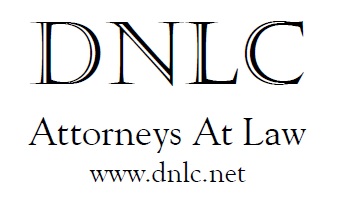HOMEOWNER FLOOD INSURANCE AFFORDABILITY ACT OF 2014 SEEKS TO CURB FLOOD INSURANCE HIKES
Introduced on January 14, 2014 and already passed in the U.S. House of Representatives and the Senate, the Homeowner Flood Insurance Affordability Act of 2014 (HR 3370) seeks to remedy various negative consequences resulting from the Biggert-Waters Flood Insurance Reform Act of 2012. The National Flood Insurance Program (NFIP), created in 1968 by the National Flood Insurance Act of 1968, enables property owners in participating communities to purchase insurance policies for flooding-related loss. Currently, an estimated 5.5 million properties are covered by NFIP, and 20 percent of those properties receive discounted rates of less than half of what a private insurance company would charge. Enacted in 2012, the Biggert-Waters Flood Insurance Reform Act was intended to ensure that flood insurance premiums would reflect the actual risk of flooding. According to the Act, flood insurance premiums were to be adjusted to actuarial or “full-risk” rates when a property was sold or the policy lapsed. As a result, some homeowners saw their premiums increase as much as ten-fold.
HR 3370 aims to remedy these negative consequences by delaying the flood insurance premium increases for four years and amending certain provisions that cause premiums to skyrocket in some parts of the country. During the delay period, premium increases would be capped at 18 percent per property annually. During that time, the Federal Emergency Management Agency (FEMA) would be tasked with developing a plan to reduce premiums and reassess the accuracy of current flood maps. The bill would also allow homeowners who sell their homes to pass the reduced premium rates on to the next homeowner. Under Biggert-Waters, FEMA was ordered to stop subsidizing flood insurance for second homes and businesses, and for properties that had flooded multiple times. HR 3370 would repeal the ban on the creation of new subsidized properties, including vacation homes.
Supporters of HR 3370 contend that without passage of the bill, flood insurance premiums will increase so significantly that many homeowners and business owners in flood plains will be unable to afford coverage and will be force to leave those areas. Those opposed to the bill point to the current $24 billion debt, contending that the proposed changes would hurt efforts to reform the NFIP and would make it exceedingly difficult for private insurers to compete with a program that offers premiums at what the opponents allege is an artificially reduced rate.
According to the Congressional Budget Office, the bill would not add to the NFIP’s $24 billion debt and would pay for itself through annual reserve fund assessments of $25 a year for primary residences and $250 a year for businesses and vacation homes. Until HR 3370—or some other reform measure—is signed into law, any additional payouts will be funded with taxpayer dollars.
The full text of the Homeowner Flood Insurance Affordability Act of 2014 can be found here: http://www.ballardspahr.com/~/media/Files/Alerts/2014-03-18-flood.pdf

